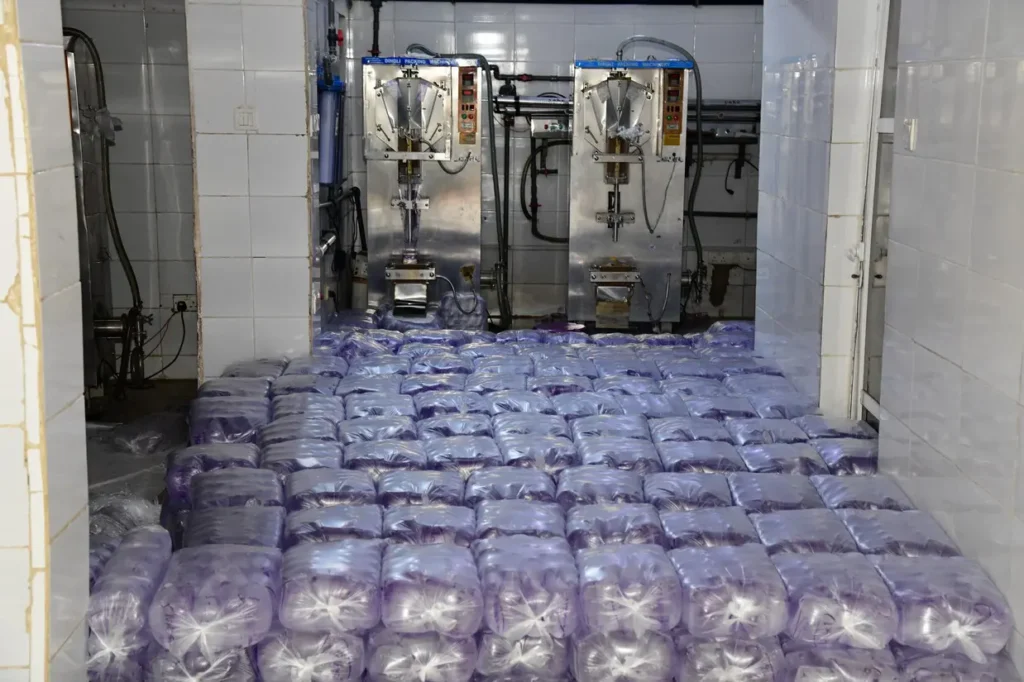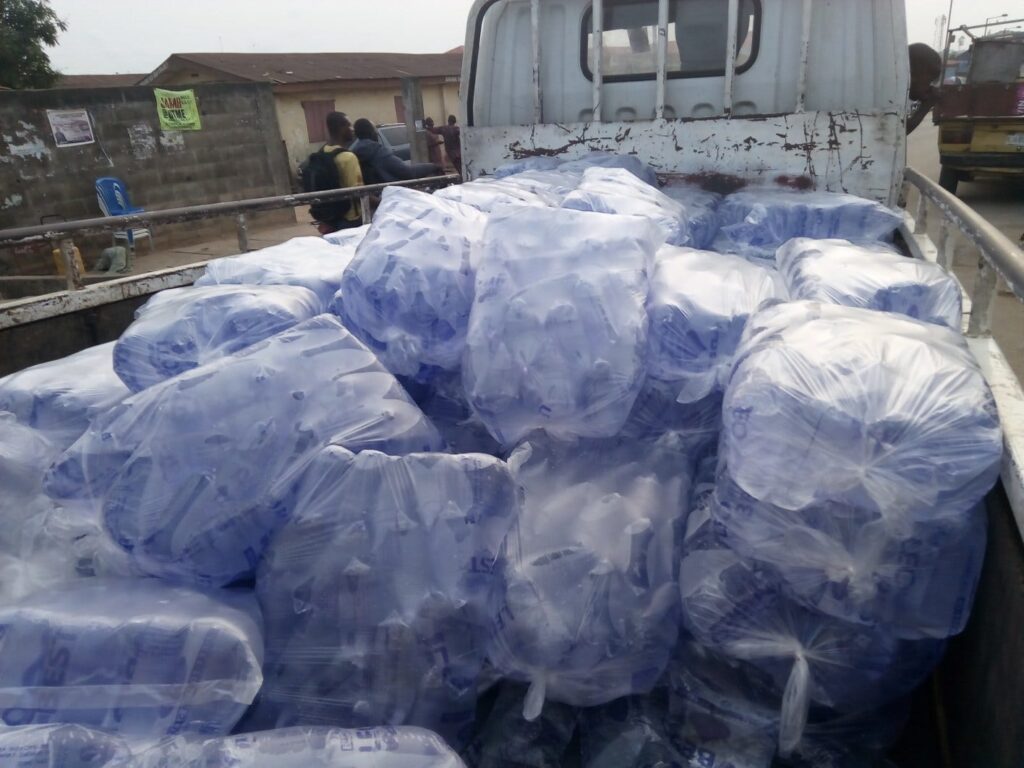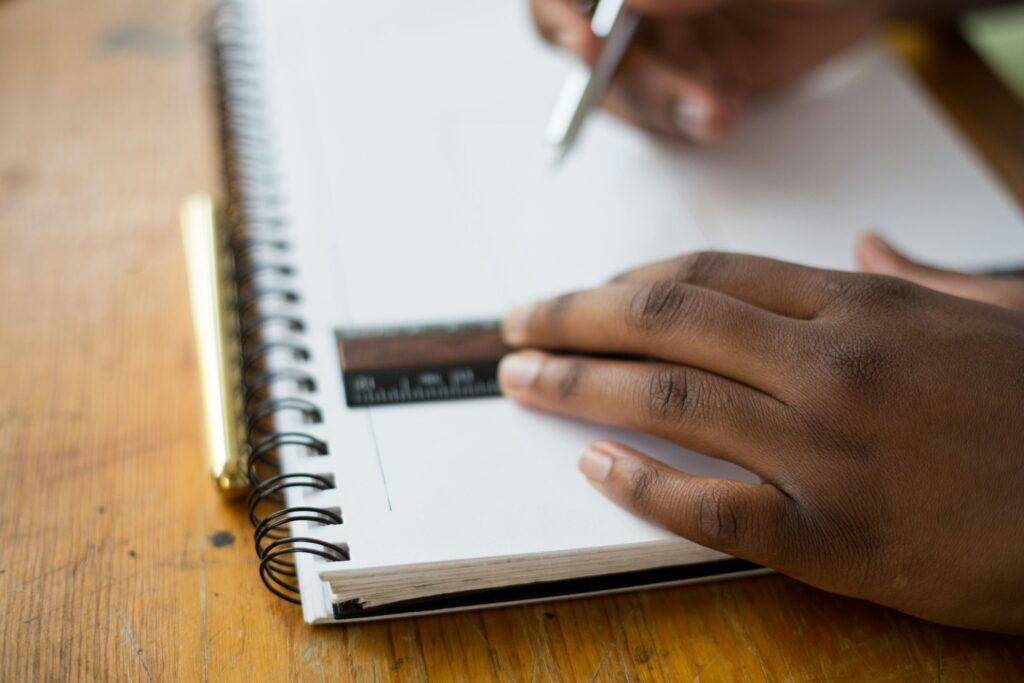Are you looking for a business that can make you serious money in Nigeria, even if you’re starting from scratch? Have you watched those pure water trucks drive past your street every day and wondered how much money the owners are really making? You’re asking the right questions. The pure water factory business is one of the few ventures in Nigeria where you can realistically earn six figures monthly within your first year of operation. This article aims to show you exactly how to make #500,000+ monthly from pure water business.
Here’s what makes this business special: Nigerians drink pure water every single day, no matter what’s happening in the economy. Whether fuel price goes up or dollar rate changes, people still need clean drinking water. With over 229 million people in Nigeria and many areas still lacking access to clean pipe-borne water, the demand for packaged water keeps growing. This guide looks at the 7 biggest steps to start a profitable pure water factory business in Nigeria, from getting your NAFDAC approval to making your first ₦1 million in revenue. If you’re ready to build a business that puts real money in your pocket month after month, keep reading – this could change your financial future.

1. Understanding the Pure Water Business Money-Making Potential
The pure water factory business remains one of the most consistent and high-demand ventures you can enter in Nigeria, with entrepreneurs reporting steady cash flow regardless of economic conditions. The business works on simple mathematics: each bag of pure water containing 16/20 sachets varying by state.
When you produce 500 bags daily, that’s 15,000 bags monthly. If your profit per bag is just ₦50 after all costs (production, staff, fuel, distribution), you’re making ₦500,000 monthly. Double your production to 1,000 bags daily, and you’re looking at ₦1.000,000 monthly profit. The beauty of this business is that once you set up your factory and establish distribution channels, the revenue becomes predictable and recurring.
Revenue Breakdown for Small Factory (500 Bags Daily):
- Daily sales: 500 bags × ₦350 average selling price = ₦175,000
- Monthly sales: ₦175,000 × 26 working days = ₦4,550,000
- Monthly production cost: approximately ₦1,200,000-₦2,500,000
- Monthly profit: ₦500,000-₦2,050.000
This means you can recover your initial investment within 12-18 months if you manage your pure water factory business well, then everything after that is profit growth as you expand your market reach.
2. Startup Capital: How Much Money You Actually Need
One of the biggest questions people ask about the pure water factory business is: “How much do I need to start?” The honest answer depends on your scale, but you can start with as little as ₦3 million for a very basic setup, or invest ₦6-9 million for a more professional operation that produces higher volumes and attracts better customers.
Total estimated investment of ₦6 – ₦9million will cover the factory space, generator, staff salaries, branding and initial marketing, CAC and NAFDAC registration, tanks and plumbing. Others include water storage and borehole, water treatment, sealing machine, and delivery van.
If you have ₦6 million, you can start a decent operation. With ₦8-10 million, you can set up a factory that produces 500-1,000 bags daily from day one. The key is not to cut corners on water treatment equipment and NAFDAC registration. These two things protect your business reputation and keep you legal.
Many successful pure water business owners started by saving money, taking small loans from family, or partnering with one or two investors who believed in their vision. Some even started with fairly used machines and rented delivery vans to reduce costs, then upgraded after 6-12 months of operation.
3. Getting Your NAFDAC Approval Without Stress
Your pure water factory business cannot operate legally without NAFDAC registration. This is the number that must appear on every sachet of water you produce. Without it, you risk fines, factory closure, and loss of customer trust. Many people fear the NAFDAC process because they’ve heard it’s long and complicated, but if you follow the right steps, you can get approved within 2-3 months.
According to NAFDAC, the registration process exists to ensure that all packaged water in Nigeria meets safety standards for human consumption. The agency checks everything from your water source quality to your factory cleanliness and staff hygiene practices.
4. Setting Up Your Factory for Maximum Production
Your factory setup determines how much water you can produce daily and how smoothly your pure water factory business operates. A well-organized factory reduces waste, speeds up production, and makes it easier to maintain hygiene standards that NAFDAC requires.
The ideal factory size for a small to medium operation is between 100 to 200 square meters. This gives you enough space for production, storage of raw materials, finished product storage, and staff areas. Your location matters too. Ensure to choose an area with good road access so your distribution trucks can move easily.
5. Production Process: From Borehole to Sealed Sachet
Understanding the production process helps you manage quality and train your staff properly in your pure water factory business. Every single sachet that leaves your factory must be safe for drinking. This protects your brand and keeps customers coming back to you.
Stage 1: Water Collection
Water is pumped from your borehole into large storage tanks (typically 5,000-10,000 liters capacity). These tanks should be food-grade plastic or stainless steel, and must be covered to prevent contamination.
Stage 2: Pre-Filtration
Water passes through sediment filters to remove sand, dirt, and large particles. This protects your main filtration system from damage and extends equipment life.
Stage 3: Reverse Osmosis Purification
The water enters the RO system where it’s forced through special membranes that remove 95-99% of contaminants including bacteria, viruses, dissolved salts, and chemicals. This is the most important purification stage.
Stage 4: UV Sterilization
After RO, water passes under ultraviolet light which kills any remaining microorganisms. The combination of RO and UV ensures your water is completely safe.
Stage 5: Storage in Clean Tanks
Purified water is stored in separate sterilized tanks ready for packaging. These tanks must be cleaned and sanitized regularly.
Stage 6: Automatic Sealing
Water flows into the sealing machine which forms sachets from nylon rolls, fills them with exactly 50cl of water, and heat-seals them closed. The machine can do this continuously as long as there’s water, electricity, and nylon material.
Also, power supply is important. Since NEPA is unreliable, you need a strong generator. A 10-15 KVA generator can power a small factory, but if you’re running larger operations, you’ll need 20-25 KVA. Many factories now add solar panels to reduce fuel costs which is a smart long-term investment.
Stage 7: Quality Check
Staff visually inspect sealed sachets for proper sealing, correct volume, and cleanliness. Defective sachets are removed before packaging.
Stage 8: Packaging into Bags
16/20 sealed sachets are manually counted and placed into branded bags. These bags are then stacked in storage ready for distribution.
Stage 9: Distribution
Packaged bags are loaded onto delivery trucks and taken to retailers, wholesalers, and direct customers.
The entire process from borehole to sealed sachet takes about 2-4 hours for the water treatment, but once production starts, you can produce continuously. Most factories run production 6-10 hours daily, depending on demand and electricity availability.
Quality control is not optional. Test your water monthly at approved labs to confirm it still meets drinking standards. Keep records of all production batches. NAFDAC can request these during inspections or if there’s ever a customer complaint.
6. Distribution Strategy: How to Sell 500+ Bags Daily
Having good production means nothing if you can’t sell your water. Distribution is where many pure water factory businesses struggle. The good news is that if your water quality is good and your price is competitive, selling is actually easier than you think. Nigerians need water every single day.
Your main customers are retailers (small shops, kiosks, canteens), wholesalers (who buy in bulk and resell), mobile vendors (pure water hawkers), and direct customers (offices, schools, event centers). Each customer type needs a different approach.

Retailer Sales Strategy
Retailers buy 10-50 bags at a time. They want reliable supply, good quality, and reasonable credit terms. Visit shops in your area, introduce your product, and offer to supply them. Give them your contact number and deliver promptly when they call to order.
Wholesaler Strategy
Wholesalers buy 100-500 bags or more at once. Find wholesalers in markets, motor parks, and busy commercial areas. Once you secure 3-5 reliable wholesalers, they can buy most of your daily production.
Mobile Vendor Strategy
Pure water hawkers buy 5-20 bags and sell sachets individually on the street. They are everywhere in Nigeria and they buy daily. Your delivery truck should drop water at strategic points where hawkers gather. They usually pay cash immediately.
Corporate Sales
Offices, schools, churches, event centers buy in bulk for specific occasions. Create a simple flyer with your company name, NAFDAC number, and contact details to market to these customers.
Distribution logistics matter. If you’re starting small, one motorcycle or small van can handle deliveries within a 5-10 kilometer radius of your factory. As you grow, add more vehicles and employ drivers who know the area well..
Price your product competitively but don’t sell too cheap, it makes customers doubt your quality. Instead, compete on reliability, taste, and service. Deliver on time, replace spoiled bags immediately, and maintain consistent quality.
7. Managing Costs and Maximizing Your Monthly Profit
The difference between making ₦200,000 monthly and making ₦600,000 monthly in your pure water factory business comes down to how well you manage costs. Many factory owners produce good water but don’t make good profit because they waste money on unnecessary expenses or don’t track their numbers properly.
You have to manage your production costs, bags and packaging, fuel or electricity bill, water treatment chemicals, staffs payment, rent, vehicle maintenance and NAFDAC renewal.
To maximize profit:
- Buy nylon packaging materials in bulk directly from manufacturers to get lower prices
- Service your generator regularly to reduce fuel consumption
- Train staff to reduce waste i.e. to reduce the number of poorly sealed sachets of water
- Maintain your equipment well to avoid expensive emergency repairs
- Build strong relationships with suppliers for better credit terms
- Increase production gradually as your market grows. Do not stay at selling 500 bags if you can sell 800 bags.

Track your numbers daily. Know exactly how many bags you produced, how many you sold, and how much profit you made. Simple record keeping in a notebook or phone spreadsheet helps you spot problems early and make better business decisions.
Conclusion
Starting a profitable pure water factory business in Nigeria is one of the smartest business moves you can make in today’s economy. With proper planning, between ₦5-10 million capital, and commitment to quality, you can build a business that generates ₦300,000-₦800,000 monthly profit within your first year.
The success formula is simple: Get your NAFDAC approval right, invest in quality water treatment equipment, produce consistently, build reliable distribution channels, and manage your costs well. Thousands of Nigerians are already making serious money from pure water businesses, you can also join them.
The water business isn’t a get-rich-quick scheme, but it’s a get-rich-steady opportunity. Start today, follow the steps in this guide, and in 12 months you could be managing a thriving factory that puts six figures in your account every single month. Subscribe to our newsletter to get more realistic articles on business opportunities, management and money lessons.












